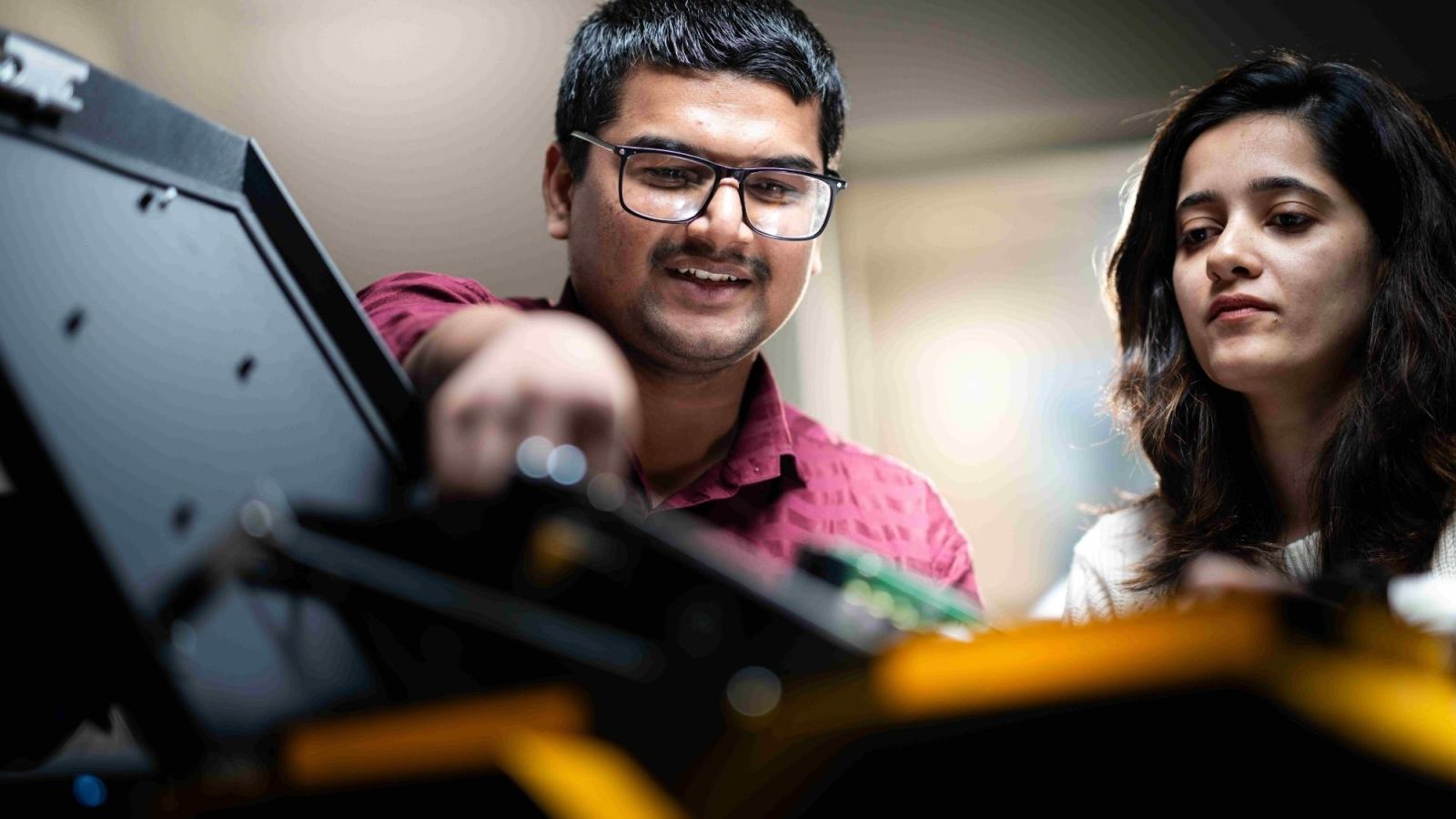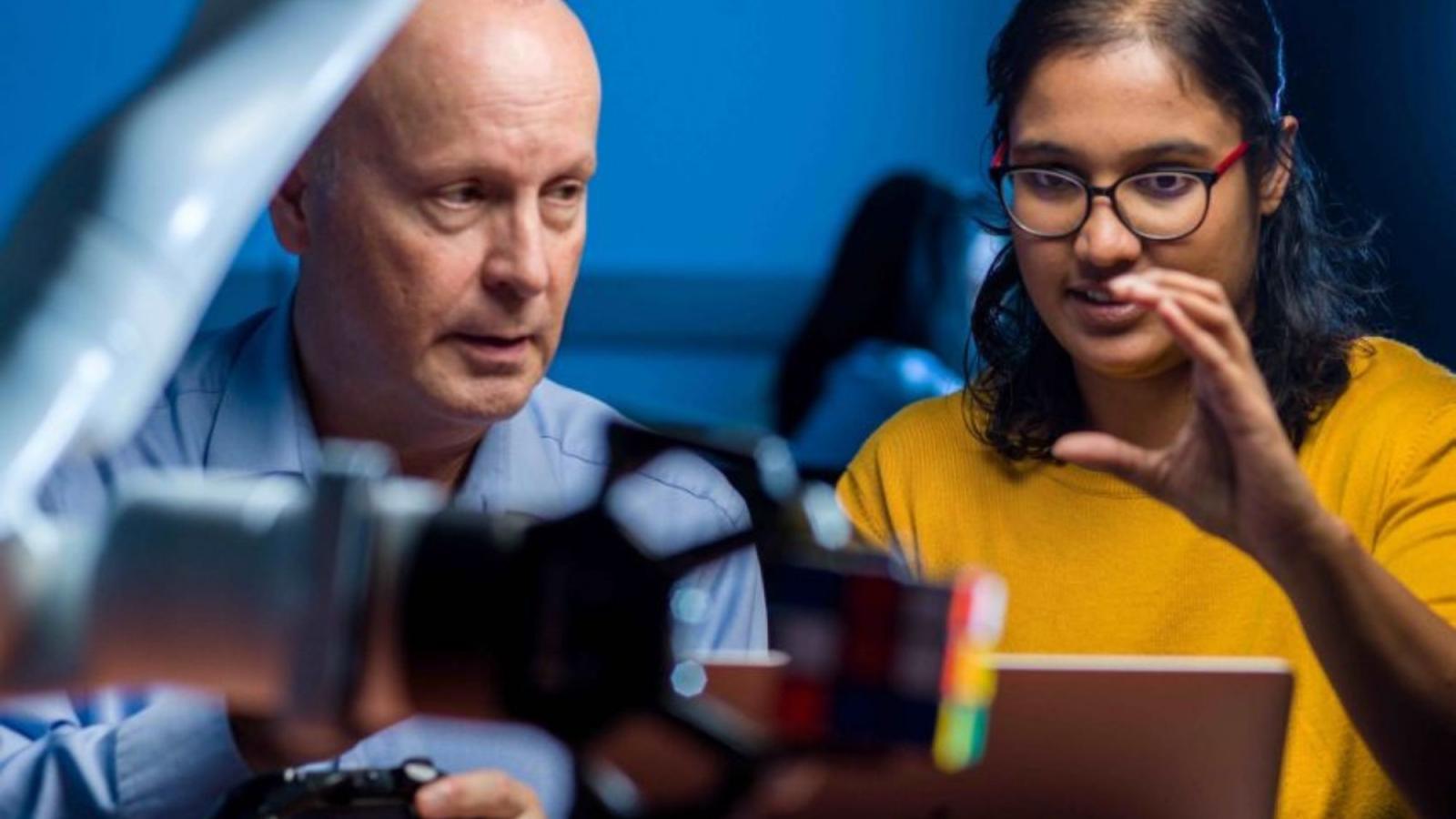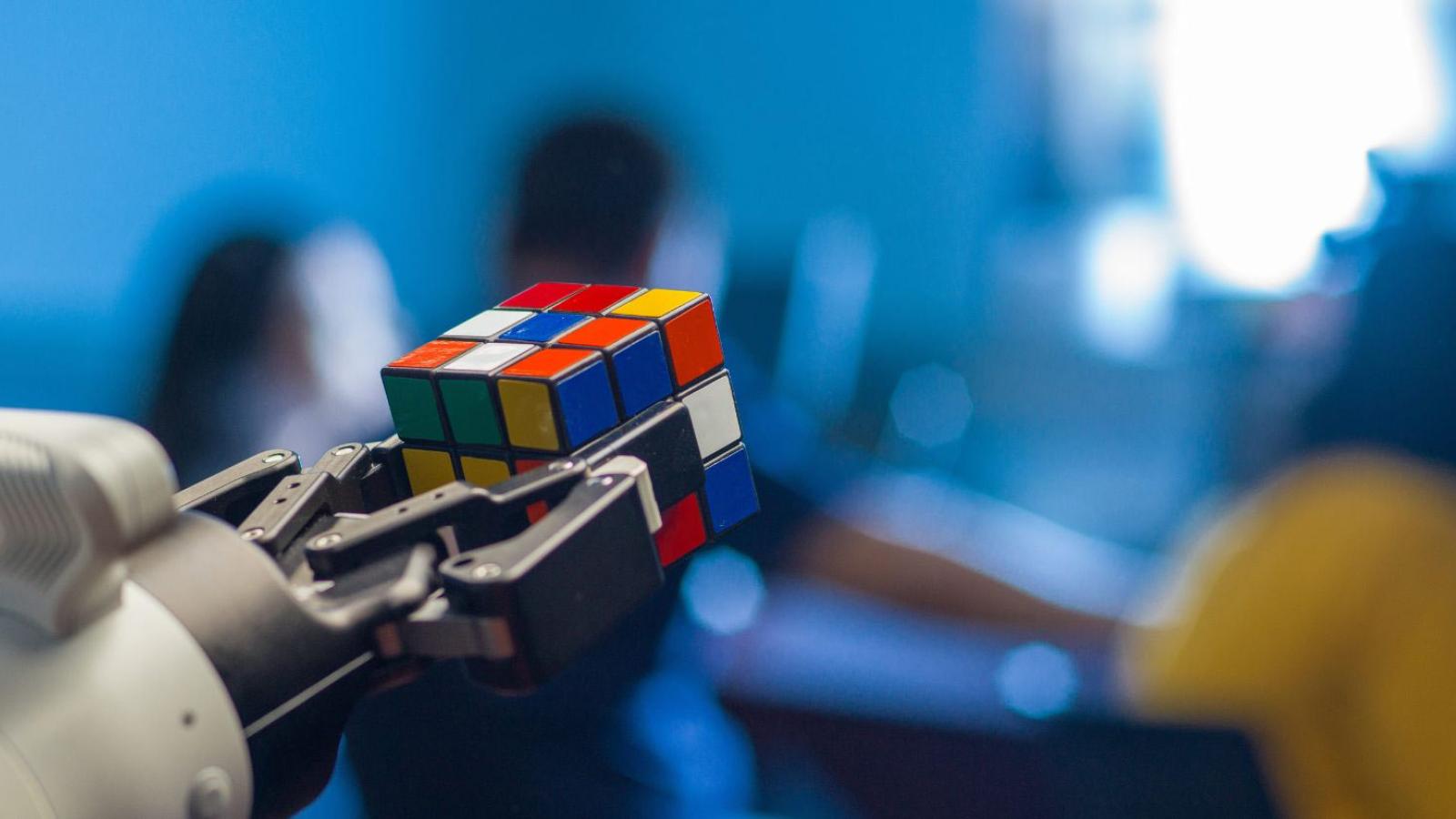
Artificial Intelligence
Artificial Intelligence at Pace University
Artificial intelligence is changing the world as we know it. With impact in every industry, from healthcare and finance to art and fashion, the AI revolution is here—and the Seidenberg School is at the forefront.
AI by the Numbers
you can choose from that incorporate AI at the undergraduate and graduate level.
experts teaching and researching in the field of AI.
of AI education at the Seidenberg School of Computer Science and Information Systems.
AI is a huge part of the Seidenberg School student experience. Woven through the curricula at the undergraduate, graduate, and doctoral levels, students get the opportunity to learn AI concepts applied to a wealth of different industries. Because, like technology, AI needs to be used somewhere—whether it's in art and fashion, healthcare, business and entrepreneurship, marketing and creative, law, environment, national security, and more.
30+ Years of AI Experience
The Seidenberg School has decades of experience, with many of its full time tenured faculty being experts in machine learning, Natural Language Processing (NLP), robotics and intelligent agents, image processing, and more. Our students become experts, too, and go on to jobs working directly with AI—including at some of the hottest companies in the business like OpenAI.
See just some of our AI highlights below. Just the tip of the AI iceberg at Pace University.

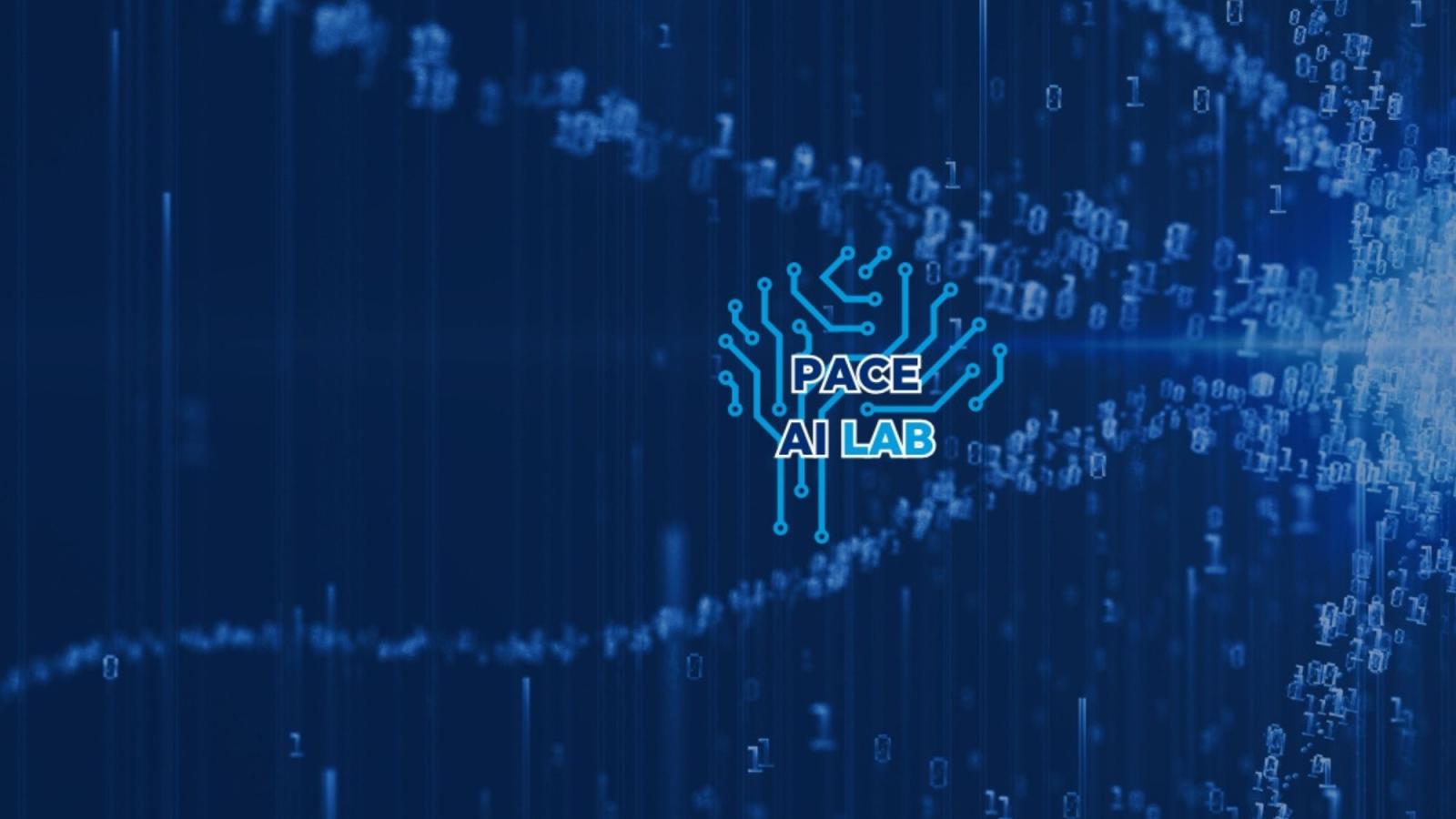
Pace AI Lab
At the Pace Artificial Intelligence Lab, students, faculty, and staff come together to learn about AI – from machine learning and natural language processing to powerful prompts for generative AI. The lab combines research, education, partnerships and training to make critical advances in AI education and research.
Using African Fashion to Correct AI Bias
Artificial intelligence expert Dr. Christelle Scharff's recent work with students involves expanding a fashion dataset to include African fashion items, ensuring AI recognizes diverse styles. She emphasizes the importance of inclusive datasets, addressing challenges like misclassifying non-Western garments, to create and refine AI-generated patterns.
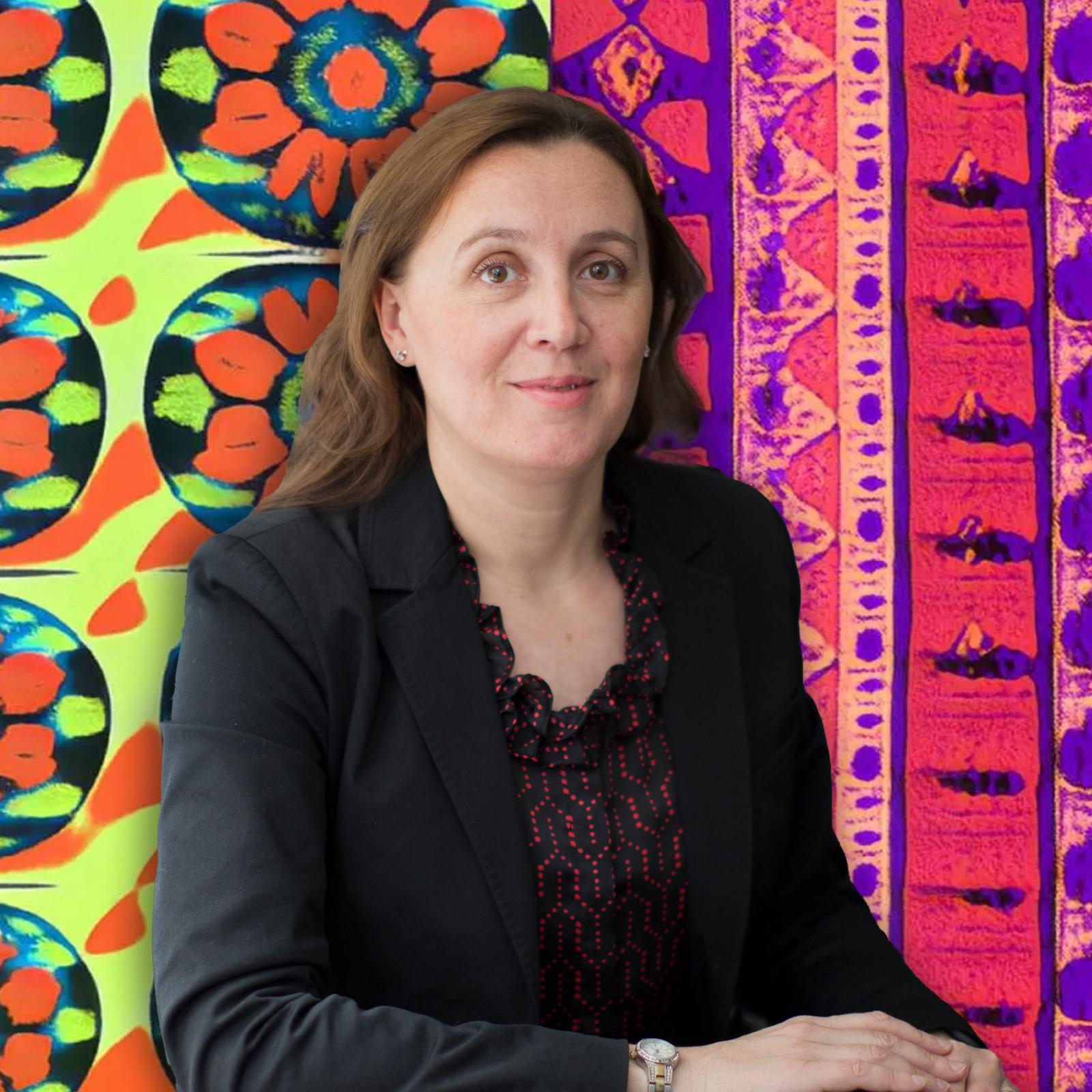
Using Machine Learning to Predict Disease
Computer science professors Juan Shan, PhD, conducts research with students in using machine learning to predict the advancement of diseases like knee osteoarthritis and breast cancer.
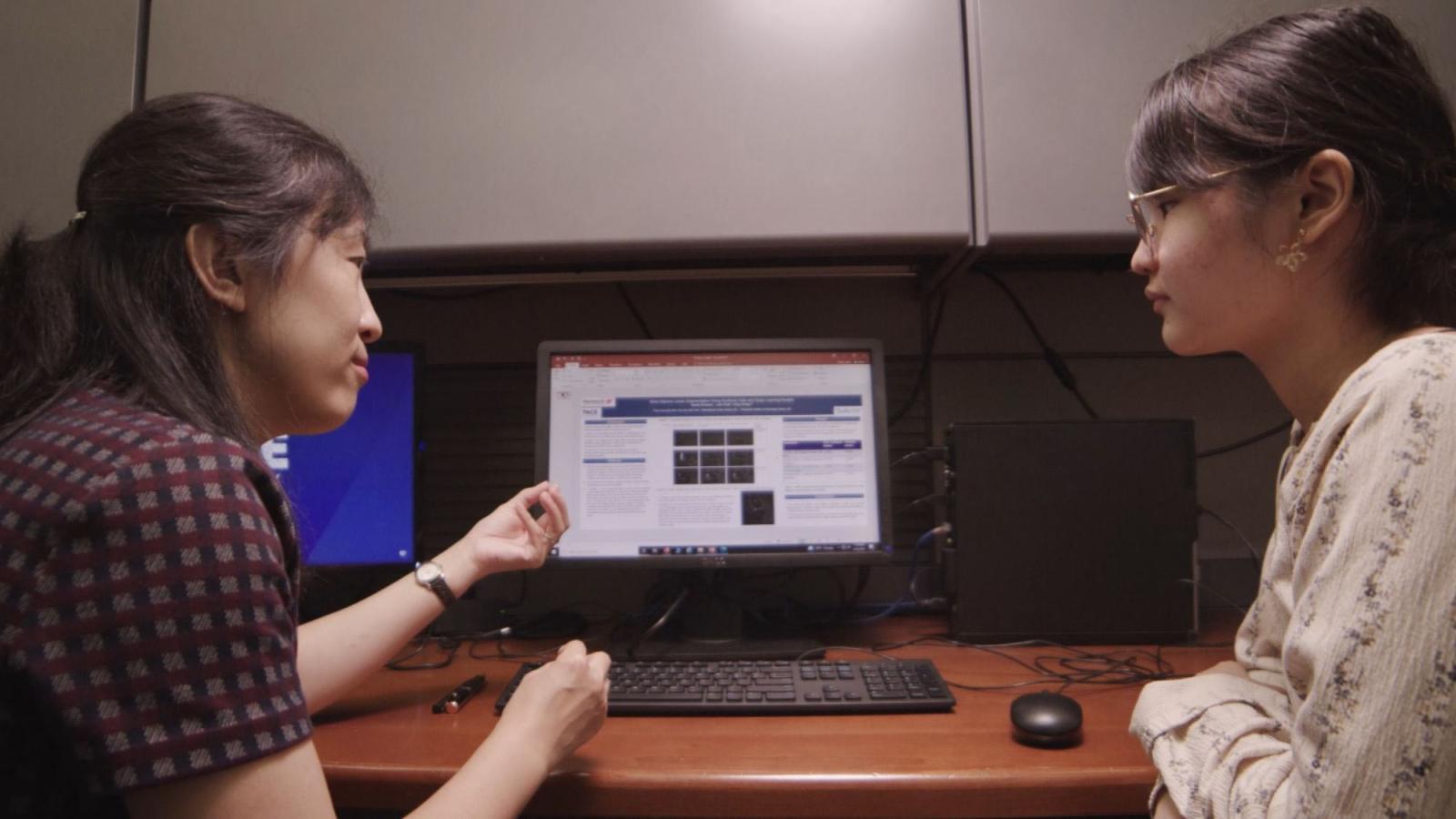
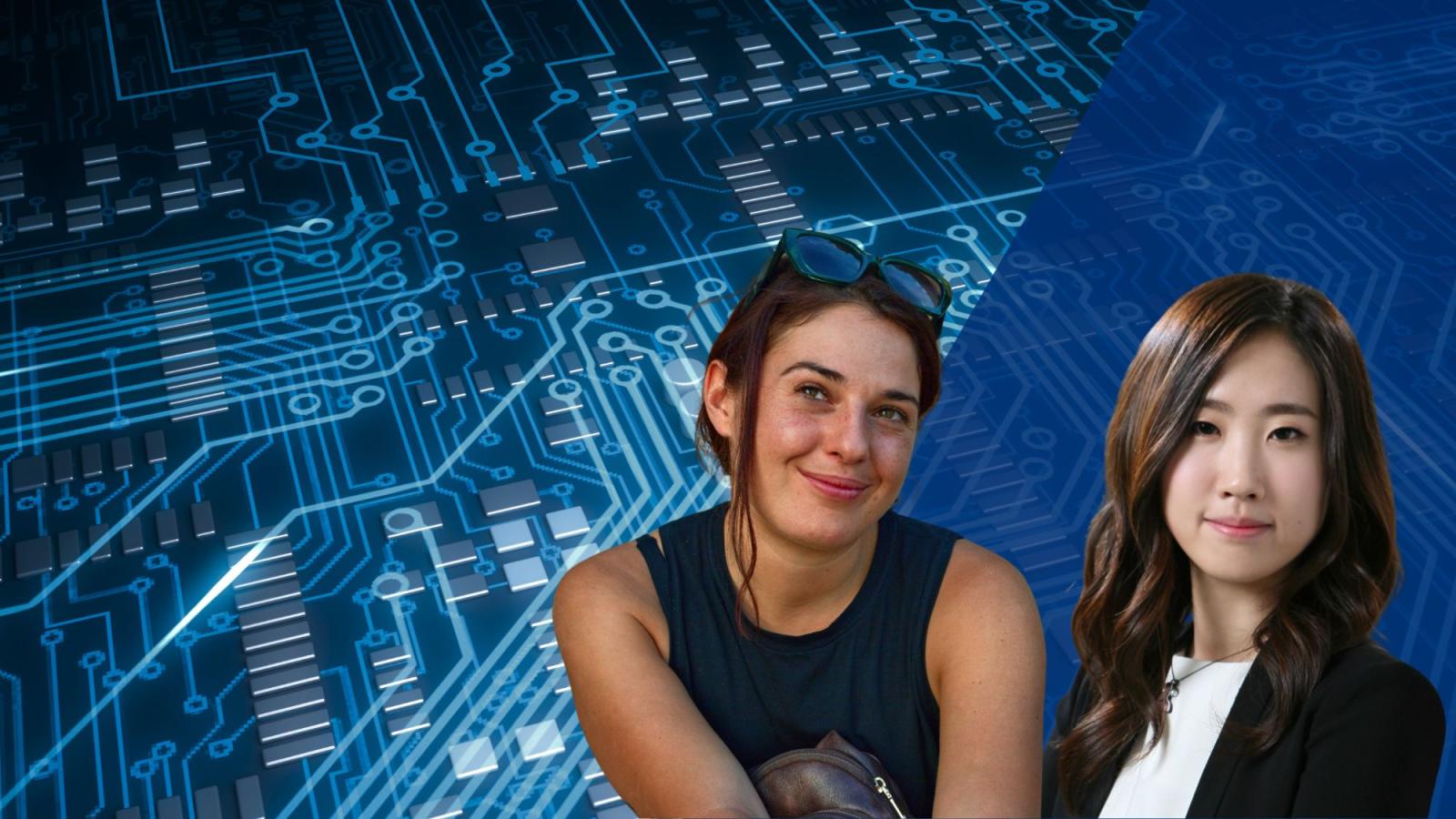
Computer Science and AI Expertise
Pace continues to expand its focus on artificial intelligence and emerging technologies with the addition of dynamic new faculty members. Hyunkyung Lee, PhD, brings insight into online user behavior, digital strategy, and the economics of information systems, while Sara Falcone, PhD, bridges computer science, robotics, and cognitive science with research on embodiment and immersive systems.
Robotics Lab at Seidenberg
The Robotics Lab, directed by Seidenberg professor Paul Benjamin on the New York City campus, focuses on building and testing the cognitive architecture of robots, as well as developing intelligent agents for network security and intrusion detection. Students study computer vision and programming robots to understand the environment they're in so they can move around, understand obstacles, and interact with objects.
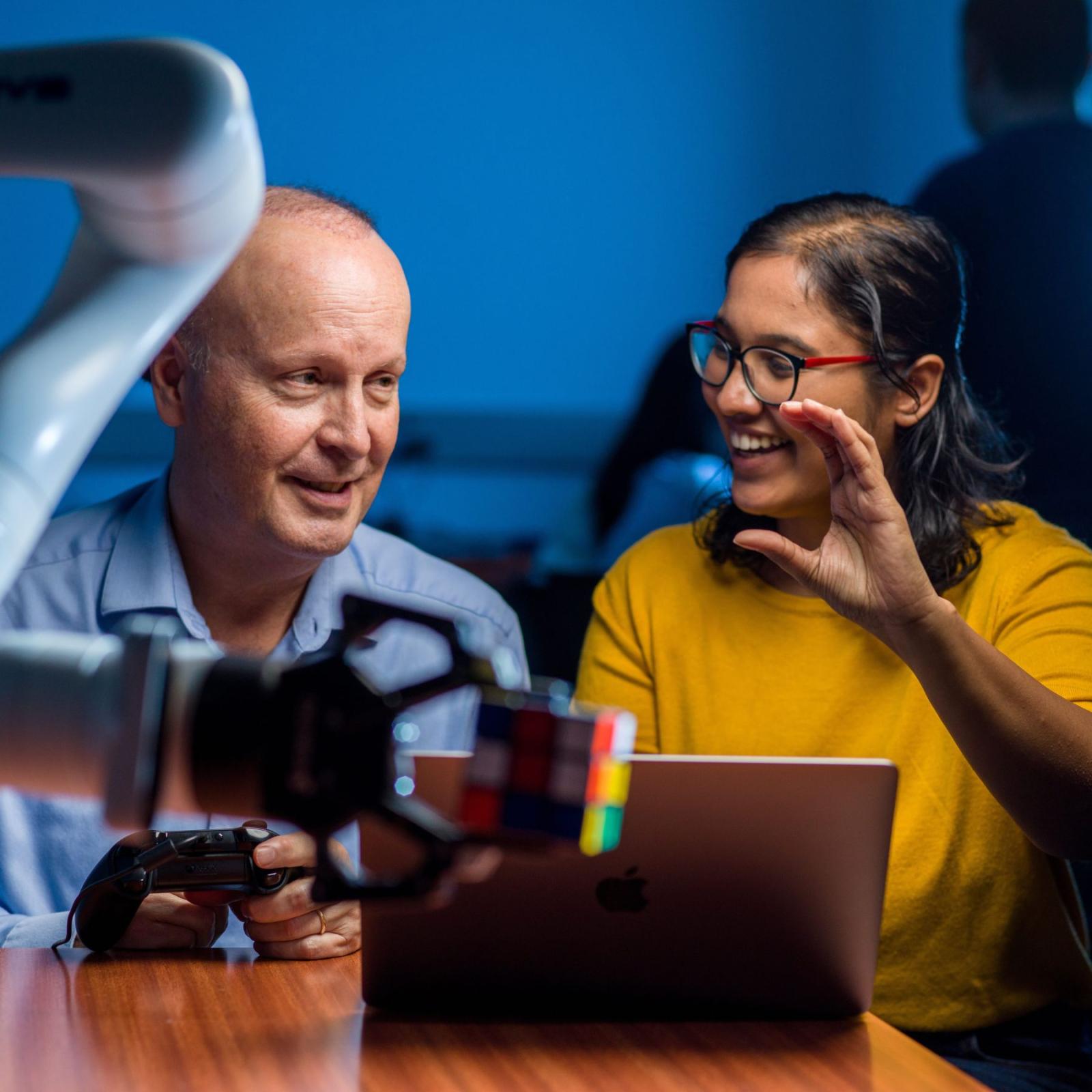
Designing AI for Impact
Seidenbeg School of Computer Science and Information Systems student Stephanie Sicilian is helping shape the future of AI at Pace. From building real-world tech in class to coauthoring research, growing the Pace AI Lab, and leading the Google Developer Group, her story shows what’s possible when passion meets opportunity.

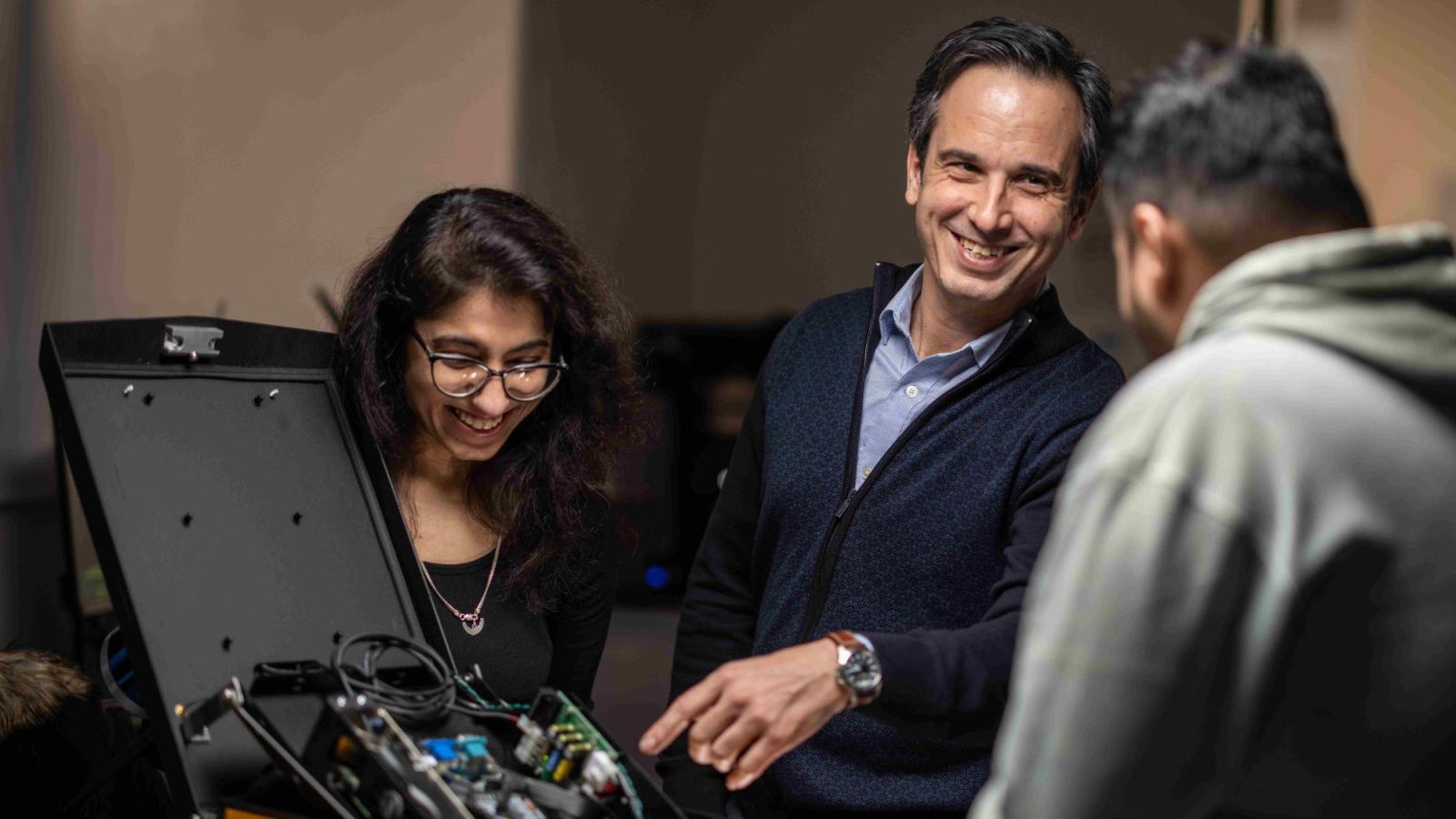
Augmented Intelligence Lab
The Augmented Intelligence Lab explores how humans and AI think, decide, and collaborate. Here, our students study how technology and people interact—and help design AI systems that act as trusted partners in complex, real-world environments.
